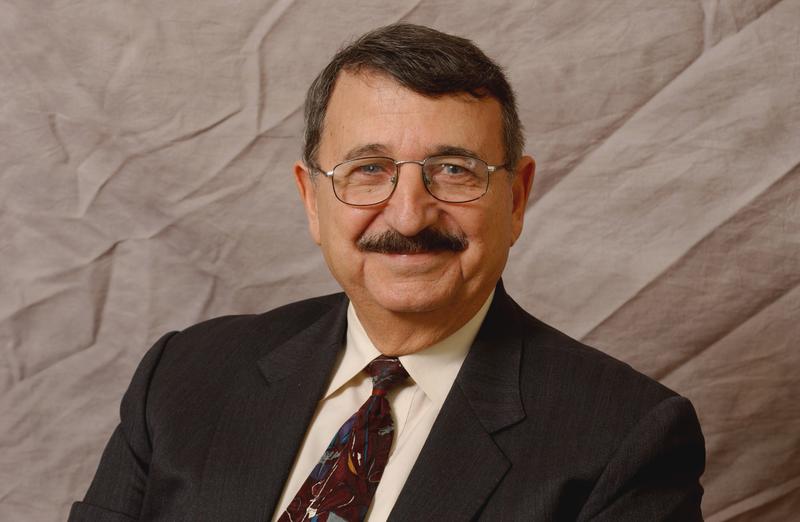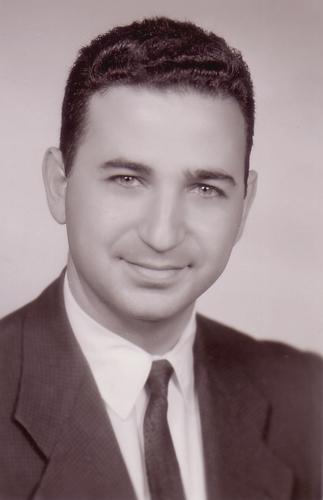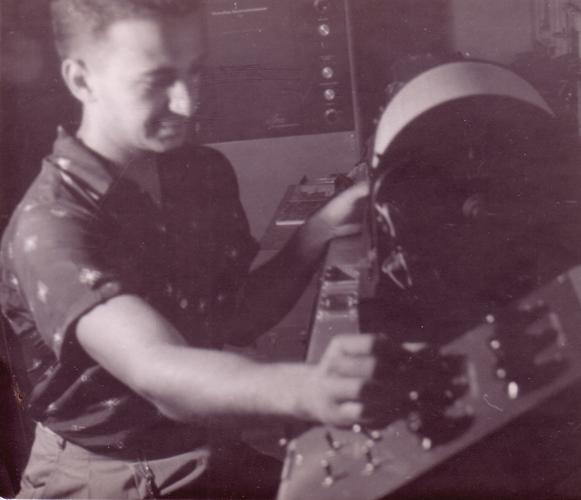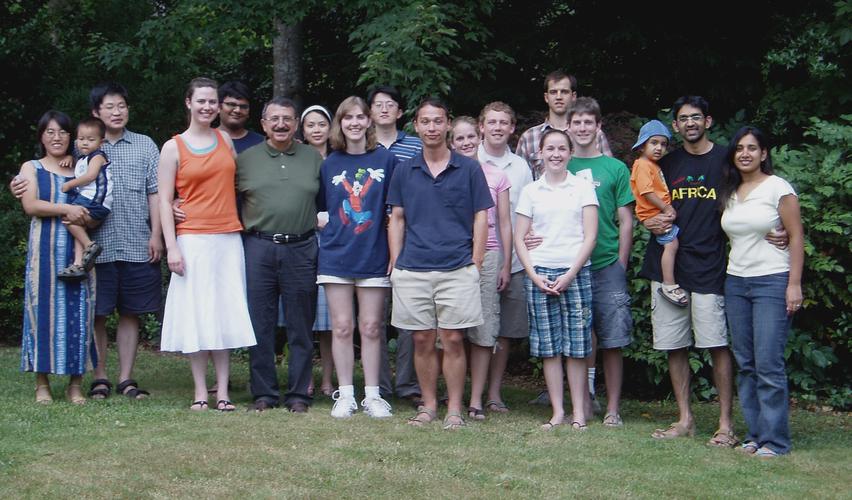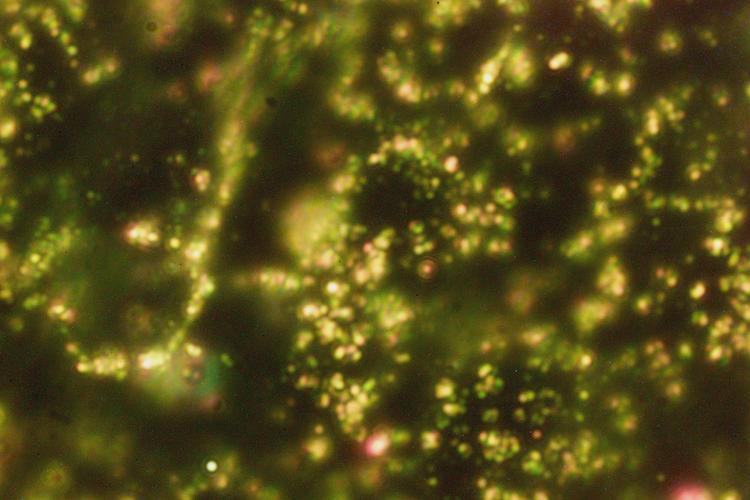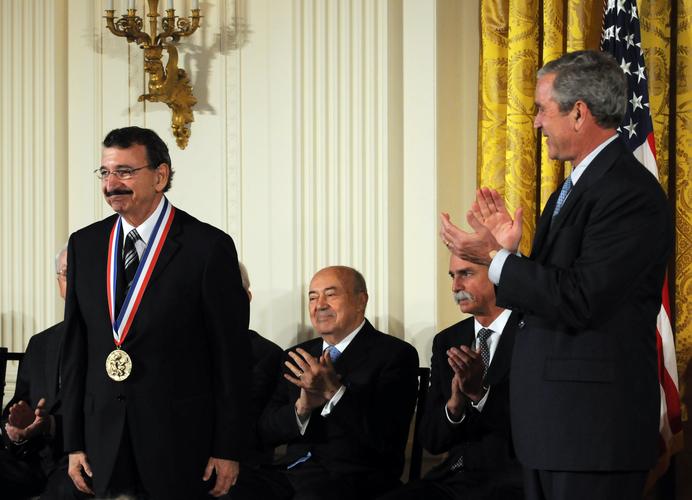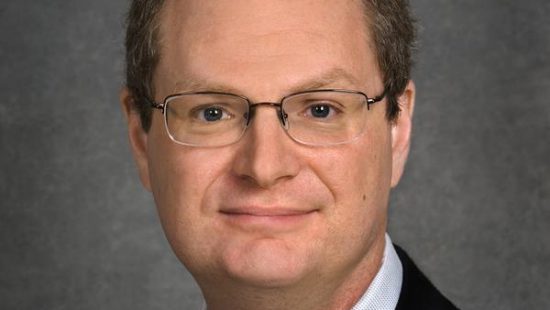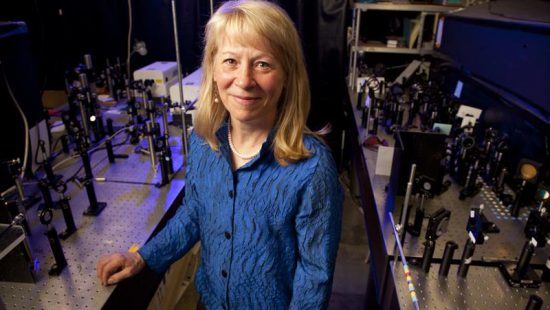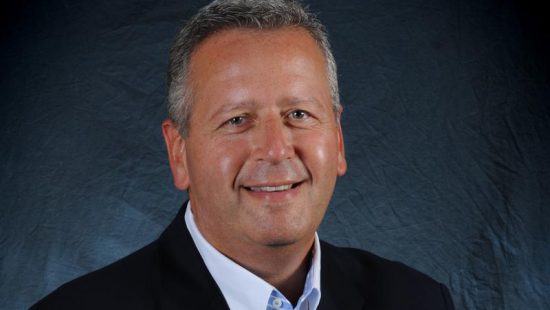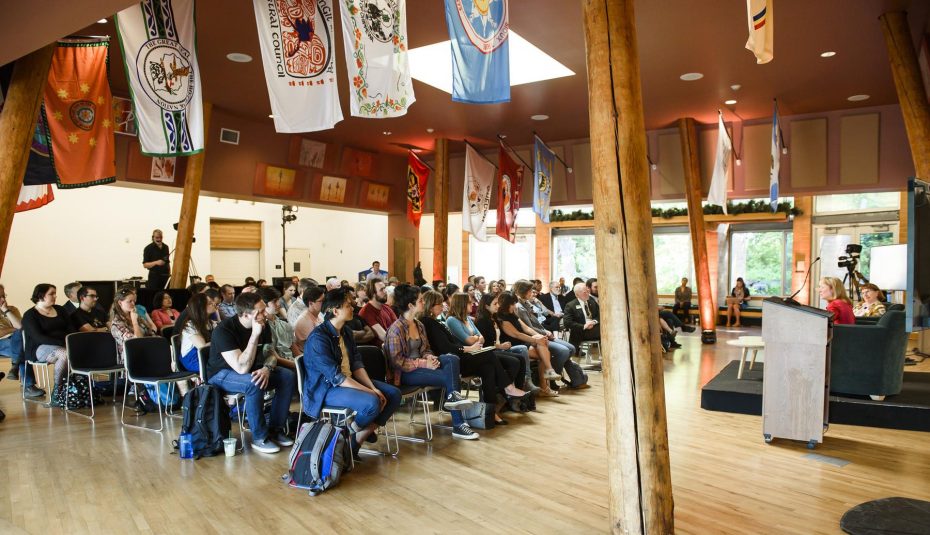The world looks much different when you’re looking at it on the nanoscale. Nanoscience looks at the strange and often surprising ways that materials one thousand times as small as the width of a human hair behave. Mostafa El-Sayed has contributed a huge amount of knowledge to this burgeoning field.
Among his many contributions are studies pinpointing the ways in which the shape of nanoparticles determine their behavior in chemical reactions. These particles, often used as catalysts to speed up chemical reactions, have broad applications in both the scientific and industrial worlds.
His most enduring contribution is probably also his most personal. After his wife passed away from cancer in 2005, El-Sayed began applying what he knew of nanomaterials to the fight against cancer. He and his team developed a skin cancer treatment that binds gold nanorods (a specific shape of nanoparticle) to cancer cells. The gold makes the cells easier to detect and then kill with lasers.
Early laboratory tests of the treatment looked extremely promising. One of El-Sayed’s sons who is a professor at the University of California, San Francisco, has now begun to test the treatment on humans.
Born and raised in Egypt, El-Sayed was the first Arab-American to be awarded the National Medal of Science. He is a tireless advocate of international scientific collaboration and regularly brings groups of American nanotechnology experts to his native country to share and learn from Egyptian scientists.
El-Sayed speaks out on behalf of underfunded scientists in countries all over the world by arguing that “Scientific research is not only a matter of minds. Just as important is providing the millions of dollars for labs and equipment and for the salaries necessary for researchers. How can you expect creative work from a researcher whose mind is preoccupied with the price of bread, or with petrol for his car, or with the other expenses of life?”

